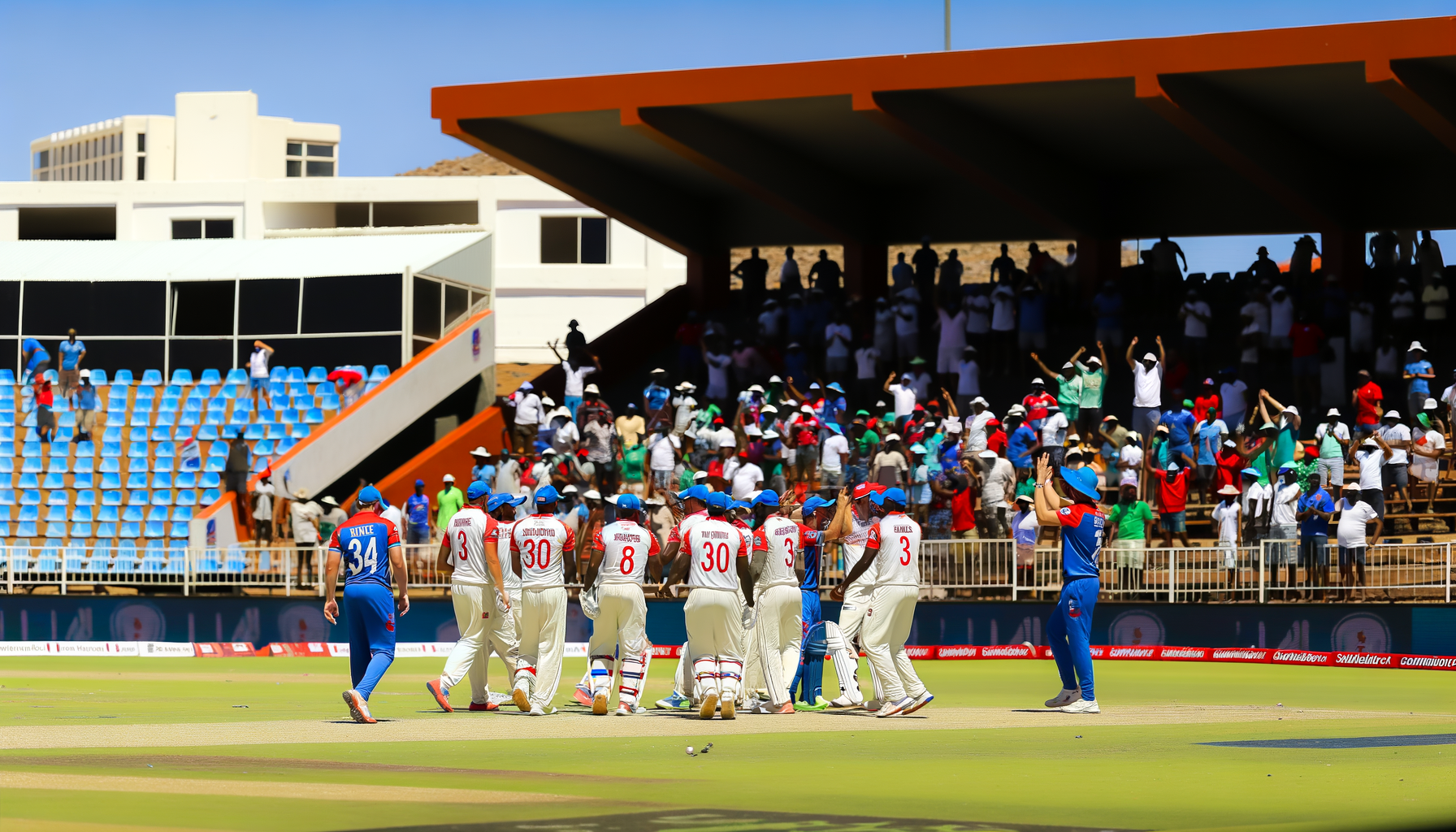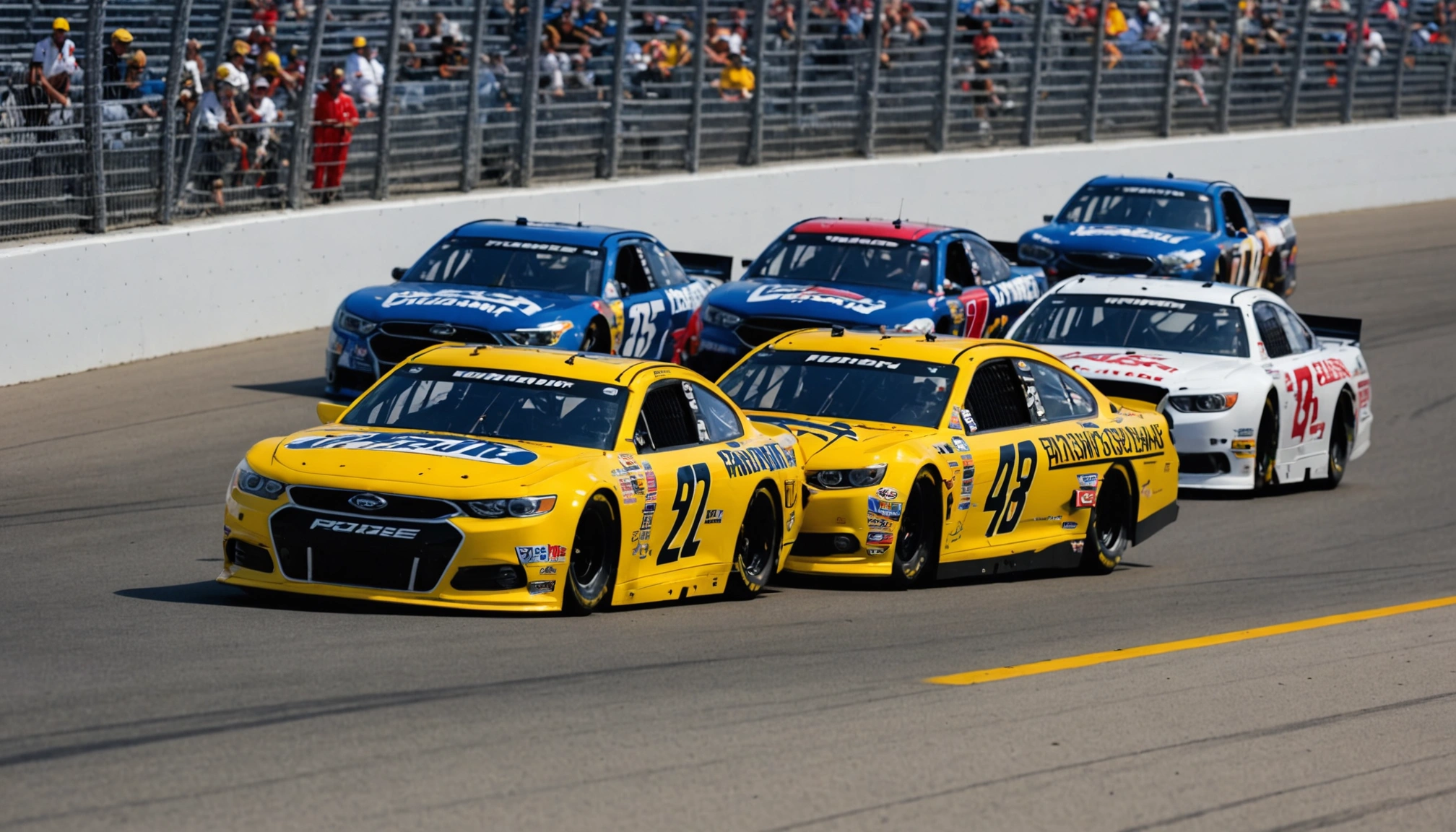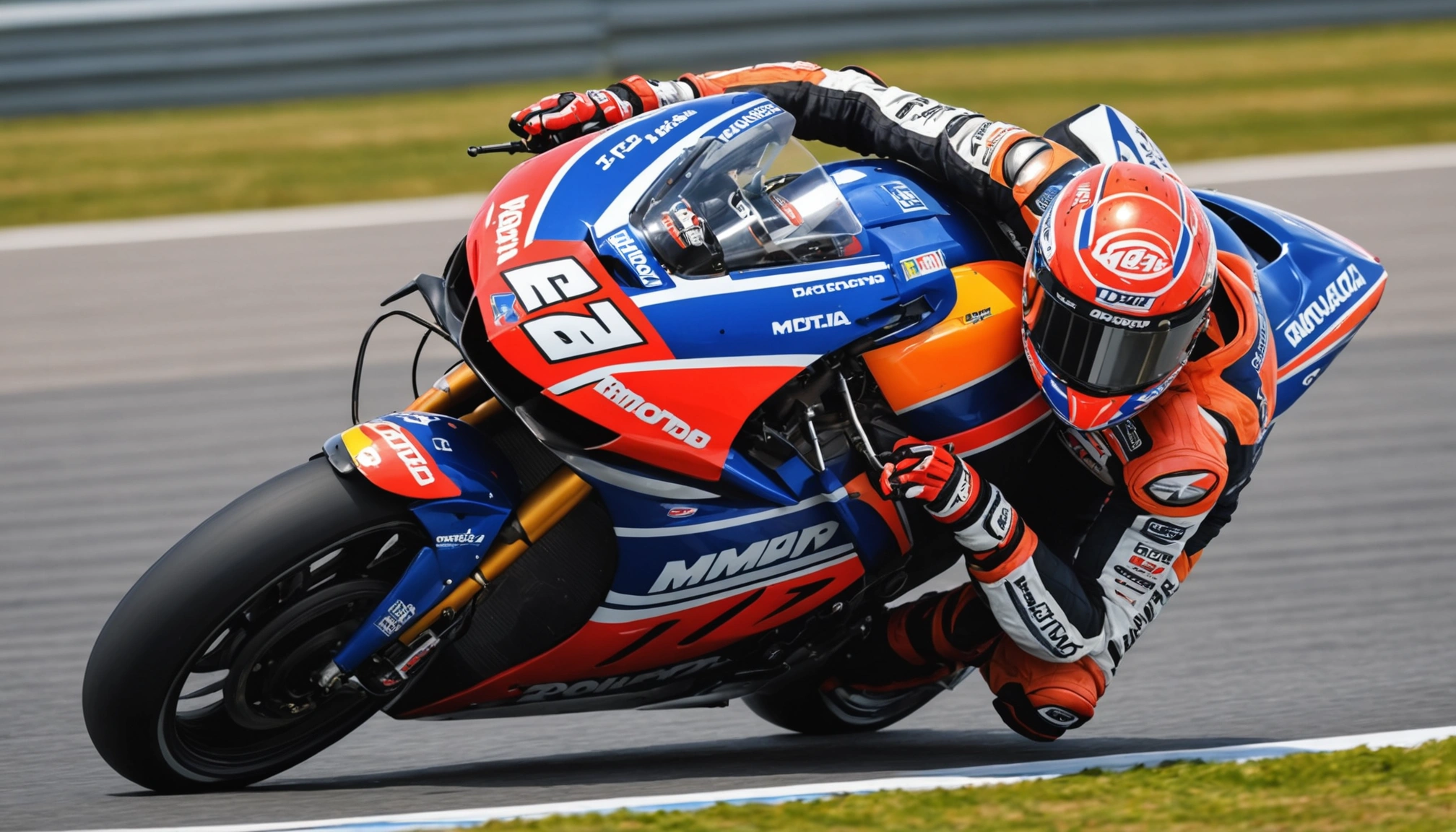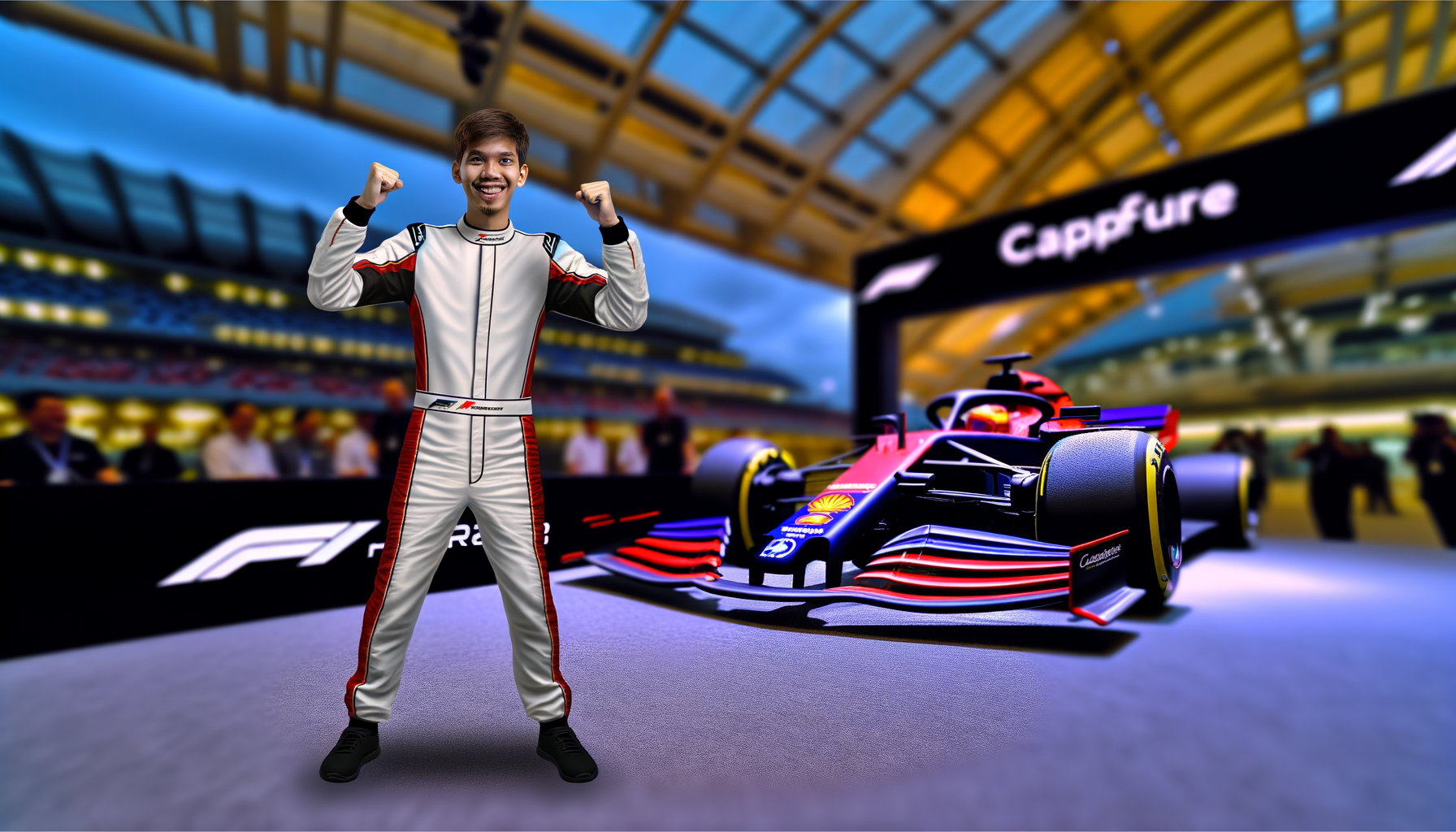Guenther Steiner Explains Why He Chose MotoGP Over F1
Guenther Steiner reveals why he opted for MotoGP rather than Formula 1 for his return to motorsport management. Discover his insights and reasoning.
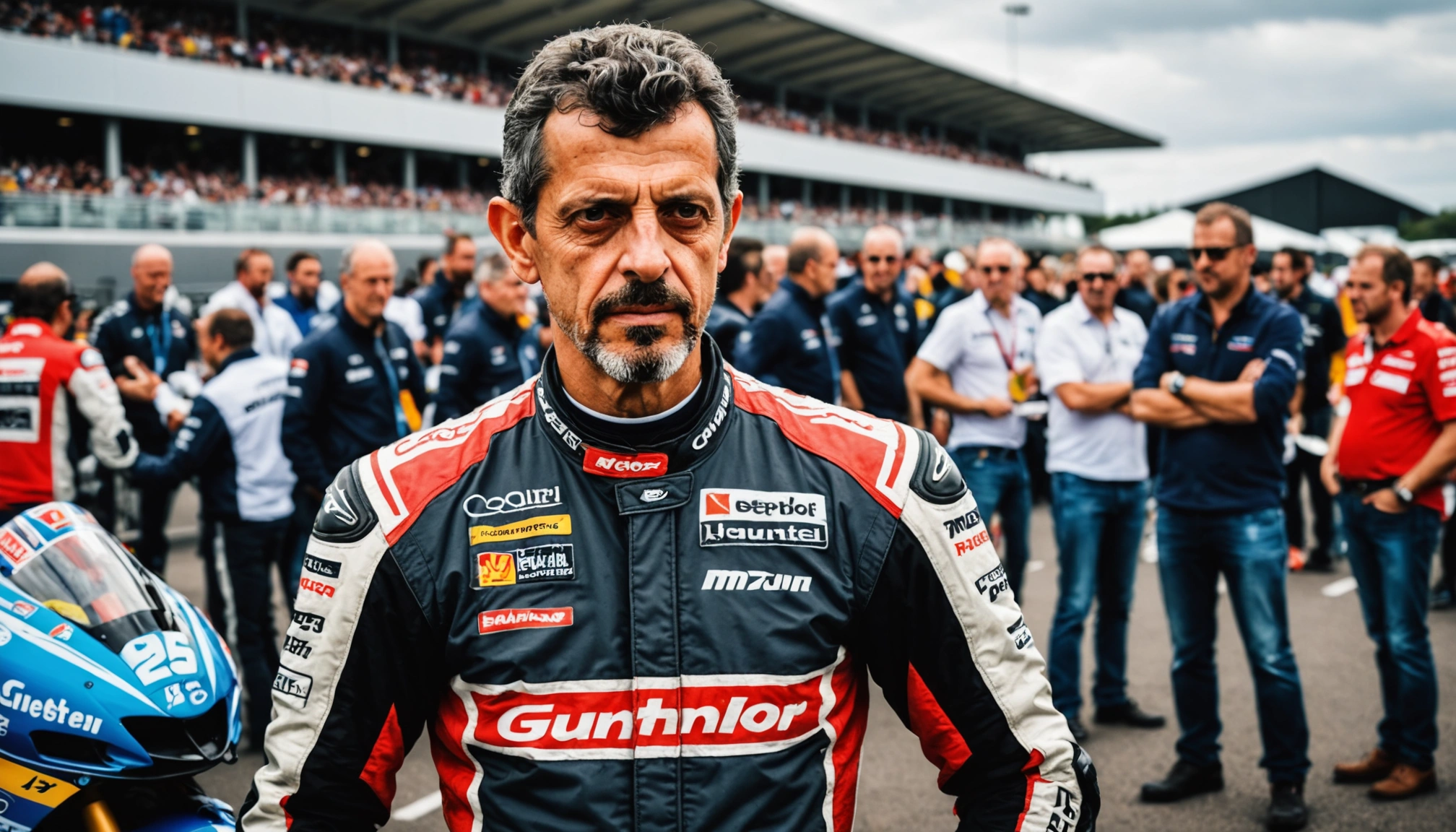
By Editorial
Introduction To Guenther Steiner's Motorsport Decision
Guenther Steiner, a prominent figure in motorsport management, recently made headlines by choosing to return to MotoGP instead of rejoining the Formula 1 paddock. Known for his candid and insightful approach, Steiner’s decision has sparked curiosity among racing enthusiasts and industry watchers alike. But what exactly motivated this high-profile choice? This article delves deep into Steiner’s reasoning, explores the nuances of both racing worlds, and offers a comprehensive look at what this means for his career and the sports involved.
Who Is Guenther Steiner And Why Does His Choice Matter?
Guenther Steiner is best known as the team principal of the Haas F1 Team, where his leadership style and ability to manage resources efficiently have earned respect. His move towards MotoGP marks a significant pivot, as it highlights a shift from the pinnacle of four-wheel racing to the thrilling world of two-wheel motorsport. Understanding Steiner’s background is key to appreciating why this transition is so noteworthy.
Steiner’s reputation for pragmatic decision-making and passion for motorsport make his career moves influential. His choice resonates beyond personal preference, potentially signalling trends within motorsport management careers and the evolving appeal of MotoGP.
Why MotoGP Over Formula 1? Steiner’s Perspective
In interviews, Steiner has emphasised several factors that tipped the scales in favour of MotoGP. Firstly, he cited the increasing competitiveness and dynamism within the MotoGP paddock, which he finds particularly appealing. Unlike Formula 1, where budgets and technical regulations often create wide performance gaps, MotoGP offers a closer contest that rewards ingenuity and rider skill.
Moreover, Steiner mentioned the cultural and operational differences. MotoGP’s team environments are often more intimate and flexible, allowing for a more hands-on approach in management. This contrasts with F1’s larger, more bureaucratic structures, which can sometimes stifle rapid innovation or personal influence within teams.
The challenge of budget constraints
Steiner’s experience with Haas, a team operating under strict budget caps and resource limitations, made him acutely aware of the challenges in F1. In MotoGP, while financial pressures remain, the balance between cost and competition is different. This balance provides Steiner with a fresh challenge where his expertise in maximising performance under constraints can shine.
Comparing The Sporting Cultures Of MotoGP And Formula 1
MotoGP and Formula 1, while both premier motorsports, differ in fan engagement, race dynamics, and team structures. MotoGP’s grassroots appeal and the physicality of motorcycle racing offer a distinct atmosphere. Fans often appreciate the palpable risk and rider bravery, elements Steiner finds invigorating.
Conversely, Formula 1’s global commercial footprint and technological sophistication present a different kind of spectacle. Steiner acknowledged this but expressed a personal preference for the raw, visceral excitement that MotoGP delivers.
What this means for fans and teams
Steiner’s move could encourage more crossover talent between the two disciplines, enriching both. His managerial acumen may bring new strategies to MotoGP teams, potentially raising the sport’s competitive standards. For fans, this transition offers fresh narratives and insights into how motorsport management adapts across formats.
Case Study: Steiner’s Impact At Haas And Potential In MotoGP
At Haas, Steiner transformed a new entrant struggling for points into a consistent midfield competitor. His pragmatic approach to team building, cost management, and driver development were pivotal. Applying similar principles in MotoGP could influence team dynamics and performance strategies.
For example, MotoGP teams often face challenges balancing rider talent with machine development. Steiner’s experience could foster more effective resource allocation and strategic planning, benefiting both riders and manufacturers.
Broader Implications For Motorsport Management Careers
Steiner’s career move highlights a growing trend among motorsport professionals seeking diverse challenges beyond Formula 1. It underscores MotoGP’s rising prestige and the increasing permeability between different racing series. Aspiring managers might view this as a signal to broaden their horizons, recognising the value of varied experience.
Furthermore, this shift invites comparisons with other sports, such as football, where player power and transfer sagas often influence career paths. For instance, the Isak and Wissa transfer saga sparks debate on player power in football illustrates how career decisions can shape entire industries. Similarly, Steiner’s choice may inspire fresh discussions on career mobility in motorsport.
Conclusion: Steiner’s MotoGP Return As A New Chapter
Guenther Steiner’s decision to embrace MotoGP over a return to Formula 1 is a fascinating development in motorsport management. It reflects not only personal preference but also broader shifts in the competitive landscape and cultural appeal of racing disciplines. As he embarks on this new chapter, fans and professionals alike will watch closely to see how his expertise influences the MotoGP world.
For more insights into sports management and dynamic career moves, you might find our coverage on Michael Owen vs Wayne Rooney the teenage goal scoring debate an engaging read.
Additional reading and resources
- Inside the doping deal that shook tennis world number one – Explore how off-field issues impact sporting careers.
- Football in Greenland exploring the world’s toughest championship – A look at extreme sporting environments.
Related topics
Editorial
Sports expert at SportsScoop
Specialist in sports analysis and journalism
Related articles
Want to read more?
Explore our comprehensive collection of sports articles and analysis, or contact us for more information.
